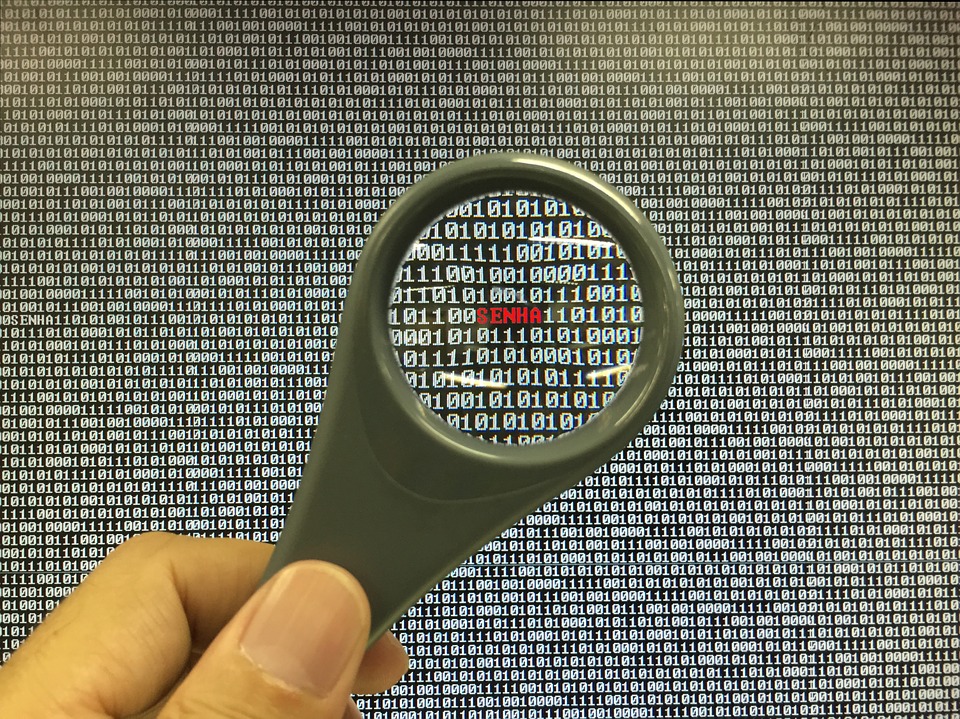Featured
Passwords boomed in lockdown
The average Internet user today has around 100 passwords, up 25% from before lockdown. according to research by the password manager NordPass.
A survey carried out in February 2020 showed that Internet users had 70-80 passwords on average. Now, that has gone up to one hundred.
The earlier survey was conducted just before the global lockdown. It’s highly likely that the increased average number of passwords is the result of people downloading more apps during the lockdown.
Another survey, conducted in March, revealed that most people downloaded new apps required by their employer. However, respondents also said they downloaded more leisure apps (exercise, gaming, cooking) as well as productivity apps (planners, calendars, password managers).
“Many online services have seen a spike in usage during the lockdown,” says Chad Hammond, security expert at NordPass. “As people spent more time indoors, they looked for more digital entertainment, shopped online, and used other online resources. It comes as no surprise that the number of passwords has grown.”
100 passwords is a lot of information to memorize. Earlier this year, NordPass published a list of the 200 most common passwords, demonstrating that most people don’t put too much effort into creating complex passwords.
“We now partly understand why people use easy-to-guess passwords — they simply have too many to remember. So, it’s hardly surprising that people use either very simple passwords or have a few and reuse them for all accounts,” says Hammond.
He has these 5 tips to maintain good password hygiene and keep accounts secure:
- Go over all the accounts you have and delete the ones you no longer use. If a small, obscure website ends up breached, you might never even hear about it. You can use haveibeenpawned.com to check if your email has ever been in a breach.
- Update all your passwords and use unique, complicated ones to safeguard your accounts. Use a password generator to make sure they are impossible to guess. To see if any of your current passwords have ever been exposed online, head over to the NordPass password strength checker.
- Use 2FA if you can. Whether it’s an app, biometric data, or hardware security key, your accounts will be much safer if you add that extra layer of protection.
- Set up a password manager. It is a perfect tool for both generating and storing passwords. With a trustworthy manager like NordPass, you will only need to remember one master password and forget about the rest.
- Make sure to check your every account for suspicious activity regularly. If you notice something unusual, change your password immediately.
Share
- Click to share on Twitter (Opens in new window)
- Click to share on Facebook (Opens in new window)
- Click to share on LinkedIn (Opens in new window)
- Click to email a link to a friend (Opens in new window)
- Click to share on Reddit (Opens in new window)
- Click to share on WhatsApp (Opens in new window)
- Click to share on Pinterest (Opens in new window)
| Thank you for Signing Up |

















